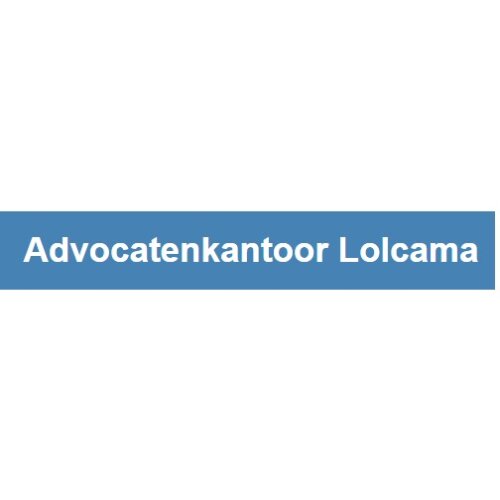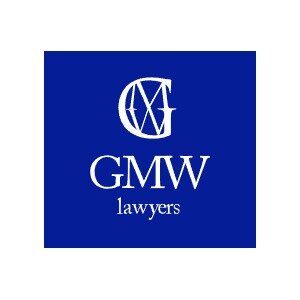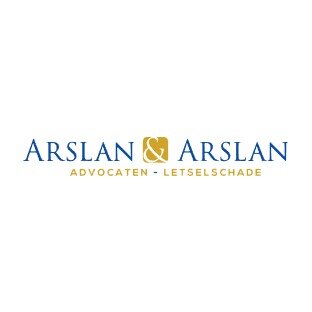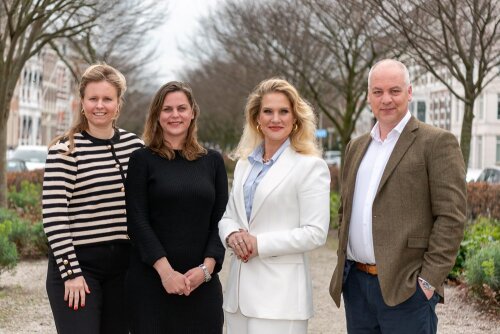Best Nonprofit & Charitable Organizations Lawyers in The Hague
Share your needs with us, get contacted by law firms.
Free. Takes 2 min.
List of the best lawyers in The Hague, Netherlands
About Nonprofit & Charitable Organizations Law in The Hague, Netherlands
Nonprofit and charitable organizations in The Hague operate under a unique set of legal frameworks designed to regulate their formation, management, and governance. These organizations are essential in providing social services, advancing education, and contributing to cultural and community development. As the seat of the Dutch government and various international institutions, The Hague offers a conducive environment for nonprofits engaged in diverse sectors, ranging from local community initiatives to global humanitarian efforts. Legal compliance, transparency, and accountability are critical for these entities to maintain their status and effectively serve their purposes.
Why You May Need a Lawyer
Legal guidance is often necessary for nonprofit and charitable organizations to ensure compliance with local and international laws. Common issues where legal assistance might be required include the formation of the organization, drafting governing documents, obtaining tax-exempt status, navigating employment law for staff and volunteers, and ensuring compliance with fundraising regulations. Legal advice is also crucial during mergers, dissolutions, or when facing disputes or litigation. A lawyer with expertise in nonprofit law can provide valuable guidance to avoid potential legal pitfalls and facilitate smooth operational processes.
Local Laws Overview
In The Hague, nonprofit and charitable organizations are primarily governed by Dutch civil law, specifically the Dutch Civil Code. Organizations can be structured as associations (verenigingen), foundations (stichtingen), or cooperatives (coöperaties), each with distinct legal requirements concerning governance, liability, and fiscal duties. Foundations and associations must be registered with the Chamber of Commerce (Kamer van Koophandel). Compliance with the Dutch Tax Authority’s regulations is essential to maintain tax-exempt status. Additionally, the ANBI status (Public Benefit Organisation) may be sought for tax benefits and increased credibility, provided specific conditions are met, including financial transparency and periodic public reporting.
Frequently Asked Questions
What are the eligibility criteria to establish a nonprofit in The Hague?
To establish a nonprofit in The Hague, you must choose an appropriate legal form, either a foundation or association, comply with the specific requirements of that form, and register with the Chamber of Commerce. The entity must serve a public or community benefit.
How do I obtain tax-exempt status for my charitable organization?
To obtain tax-exempt status, you must apply for ANBI (Algemeen Nut Beogende Instelling) status, ensuring that your organization meets criteria related to purpose, activity, and financial management, as outlined by the Dutch Tax Authority.
What are the reporting obligations for nonprofits in The Hague?
Nonprofits are required to maintain financial accounts and may need to submit annual reports. Those with ANBI status must publicly disclose financial and operational information to maintain their status.
Can a foreigner establish a nonprofit organization in The Hague?
Yes, foreigners can establish a nonprofit in The Hague; however, they must comply with Dutch regulations and may benefit from legal guidance to navigate jurisdiction-specific requirements.
What are the governance requirements for a foundation?
A foundation in The Hague requires a board of at least one director. The foundation's statutes will specify the board's responsibilities, which generally include adherence to the foundation’s objective and managing its assets.
How can a nonprofit handle disputes internally?
Organizations typically include dispute resolution processes in their governing documents or bylaws. Mediation or arbitration can be effective means to manage internal disputes without pursuing litigation.
What is the difference between an association and a foundation in The Hague?
An association is a member-based organization focused on a shared purpose, with voting rights for members in decision-making processes. A foundation does not have members and is usually governed by a board prioritizing specific objectives set in the statutes, often related to public benefit.
Are there specific labor laws for employment in nonprofits?
Nonprofits must comply with Dutch labor laws regarding employment contracts, work conditions, and employee rights. Special considerations may apply to volunteers, whose rights and obligations differ from regular employees.
What types of fundraising regulations must nonprofits adhere to?
Nonprofits in The Hague must comply with legal standards for fundraising, ensuring transparency and ethical practices. This includes clearly communicating fundraising purposes and accurately reporting the use of funds.
Can my nonprofit collaborate with international organizations?
Yes, nonprofits in The Hague often collaborate with international entities. It is crucial to ensure these partnerships comply with both local and international regulations and are well-documented.
Additional Resources
The Chamber of Commerce (Kamer van Koophandel) provides guidance on setting up and managing nonprofit organizations. The Dutch Tax Authority offers resources for understanding tax obligations and obtaining ANBI status. The Netherlands Fundraising Regulator (CBF) provides certification and oversight for fundraising activities.
Next Steps
If you need legal assistance, it is advisable to consult with a lawyer specializing in nonprofit law. You can start by reaching out to local law firms in The Hague that offer expertise in nonprofit and charitable law or contact the Bar Association in the Netherlands for recommendations. Ensure you provide a clear summary of your needs and any specific concerns to facilitate effective legal counsel.
Lawzana helps you find the best lawyers and law firms in The Hague through a curated and pre-screened list of qualified legal professionals. Our platform offers rankings and detailed profiles of attorneys and law firms, allowing you to compare based on practice areas, including Nonprofit & Charitable Organizations, experience, and client feedback.
Each profile includes a description of the firm's areas of practice, client reviews, team members and partners, year of establishment, spoken languages, office locations, contact information, social media presence, and any published articles or resources. Most firms on our platform speak English and are experienced in both local and international legal matters.
Get a quote from top-rated law firms in The Hague, Netherlands — quickly, securely, and without unnecessary hassle.
Disclaimer:
The information provided on this page is for general informational purposes only and does not constitute legal advice. While we strive to ensure the accuracy and relevance of the content, legal information may change over time, and interpretations of the law can vary. You should always consult with a qualified legal professional for advice specific to your situation.
We disclaim all liability for actions taken or not taken based on the content of this page. If you believe any information is incorrect or outdated, please contact us, and we will review and update it where appropriate.











